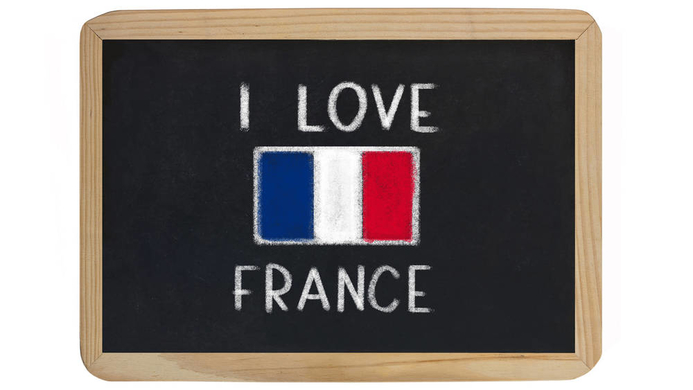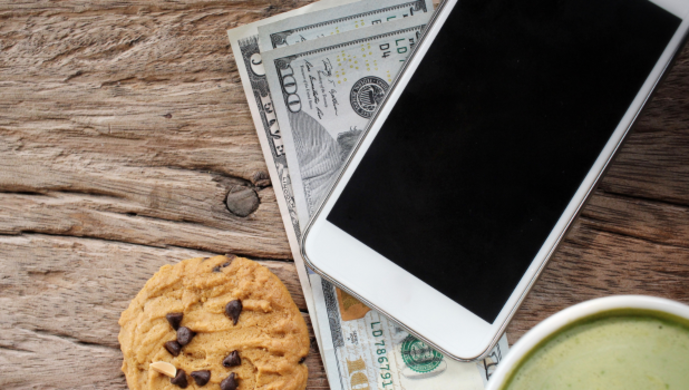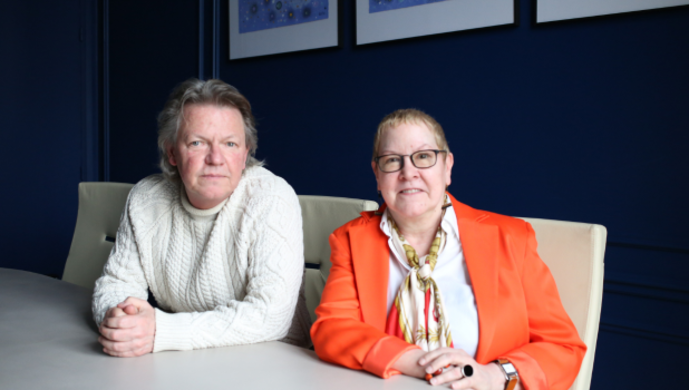“A strong brand is a major competitive advantage for both companies and countries,” says Jean-Noël Kapferer. “While the Brand France can justify automobiles in the 100 price index, everyone thinks it is normal to pay 115 for a German car.” This difference allows the German industry to fund more R&D, quality controls, and to limit offshore production. To get the French economy back on its feet, it is time to manage its brand!
The brand angle
A brand is not just a logo and a slogan. On the contrary, a brand is a multi-faceted symbol, of which products, services, and communication are the vectors. There is thus a strong need to first clearly define the brand and then to choose carefully the products that will, or will not, be associated with it. Brand is built over time, through customer experiences. This is a process that involves forward motion, which is even stronger for a country than for a product. Brand has real pull. Behind every product, there is a vision — a culture that attracts trade flows, be it economic or human. “This is even more true for a country, whose intangible characteristics are the symbolic source of its appeal,” explains Kapferer.
National brand: an idea to build together
A product can be designed in response to customer demand. A country cannot be modeled at will. To build a brand strategy for a country, you have to start with the offer. That means taking stock of geological, agricultural, historical, economic, human, symbolic, and imaginary resources, which form the national identity. As such, country marketing is similar to luxury marketing.
Another difference between a product and a country is that “the country brand is built by everyone but managed by no one,” explains Kapferer. “The HRD of Michelin, for example, is a brand ambassador for Auvergne. She brings high-potential American executives to the French region by communicating Auvergne’s high quality of life.” In order to create value, country brand must be unifying and inclusive so that politicians, citizens, companies, and administrations can adhere to it. “The country brand is an inspirational catalyst," says Kapferer. “Its purpose is not “to do” but to function as an aegis.”
The brand sells a vision, a culture that attracts trade flows, be it economic or human.
Brand France Strategy
The first problem is that French industry operating globally does not, for the most part, promote the Brand France. This is because most manufacturing is not done within France and, more importantly, because projects that are exported are often not visible; for example, Veolia, Vinci, Suez, Alstom, and Areva produce infrastructure. Moreover, France’s self-conception does not always correspond to how the country is perceived beyond its borders. We may like to think of our country as a symbol of high technology, but Asia and America define us more in terms of elegance and refinement, while the Chinese think of the Brand France as romantic. The ‘FutureBrand 2011-2012’ study ranks France 17th out of 113 countries in terms of its value system, 18th for quality of life, and 16th for business opportunities. In many ways, France is hampered by the effects of globalization and the ultra-liberal European model, which both clash at times with the French social contract.
In this context, Kapferer proposes we assume the stereotype(s) that tend to define us globally for the purpose of fulfilling our brand mission: quality growth for all. “France is a country of science, which strives to promote the progress of humanity beyond our borders, and it is in our interest to continue to be seen this way. Our advantage is the internationalization of our schools and universities as well as overseas recognition of our major cultural icons (the Louvre, the Sorbonne, and so on). If the Germans represent quality and reliability, and the Italians panache and charm, the French remain a mix of creativity and seriousness, technology, and inventiveness.” Ultimately, it remains up to companies to live up to the promise of the Brand France.











